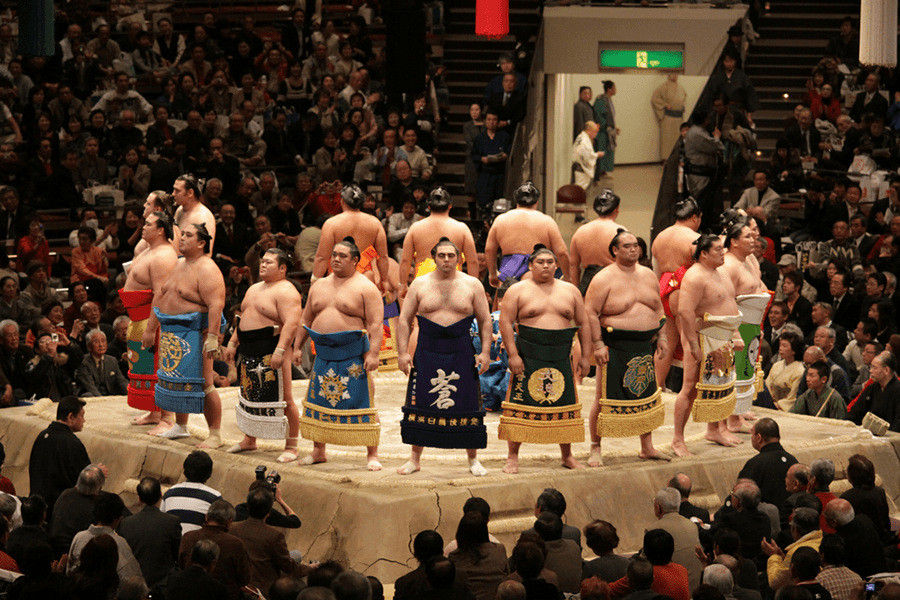According to the Ulster Institute for social research, Japan has the highest average IQ in the world. With an average score of 106.48, it finished 0.01 ahead of Taiwan. Four other Asian nations — Singapore, Hong Kong, China and South Korea — made up the top six. It’s the second successive year that Japan has topped the list, which is based on a controversial dataset that was originally published in the book IQ and the Wealth of Nations by psychologist Richard Lynn and political scientist Tatu Vanhanen in 2002.
Since then, the measurement of the average intelligence quotient (IQ) by country has been updated several times, most recently in Lynn and David Becker’s book The Intelligence of Nations, released in 2019. It calculates the average IQ of citizens in 132 nations and provides estimated scores for 71 others. In the past two decades, these national IQ lists have sparked much debate. While they have been welcomed by some scholars who have used them for empirical studies — such as Anat Belasen and Rik Hafer’s paper on the correlation between intelligence and alcohol consumption — others have been heavily critical.
Criticisms of the National IQ Dataset
They were dismissed as being “highly deficient” by Thomas Volken in 2003 and “virtually meaningless” by Susan Barnett and Wendy Williams a year later. More recently, Rebecca Stear described the latest version by Lynn and Becker as “not fit for purpose,” adding that the “majority of data included originates from samples which are wholly unrepresentative of their national populations.” Many critics argue that these samples are simply too small and the criterion for collecting the data is not clear. There is also the assertion that the national IQ dataset is reliant on culturally biased intelligence tests.
Right now, though, it is the most comprehensive study available on a nation’s average IQ. It may not be perfect, but you probably won’t hear too many Japanese people complaining about it.









